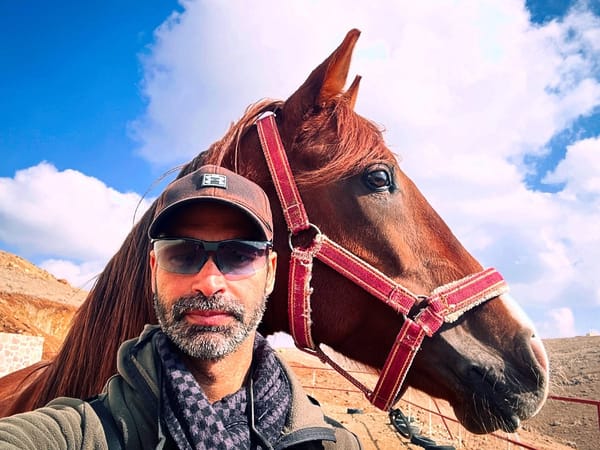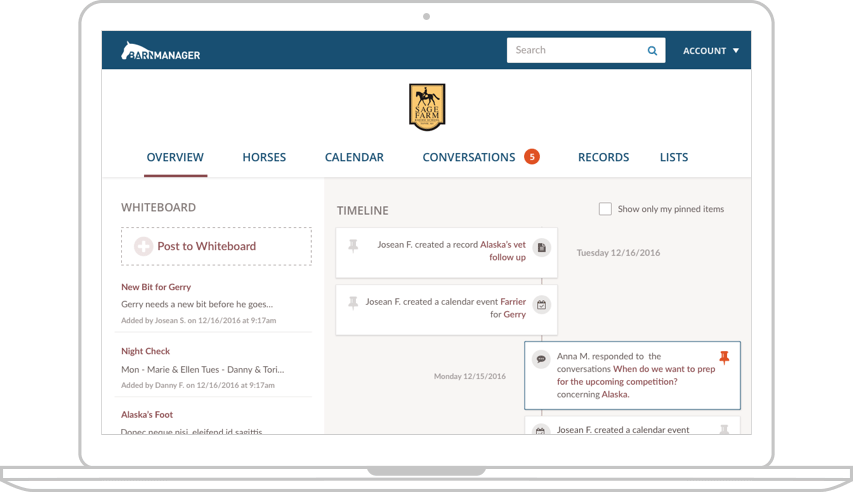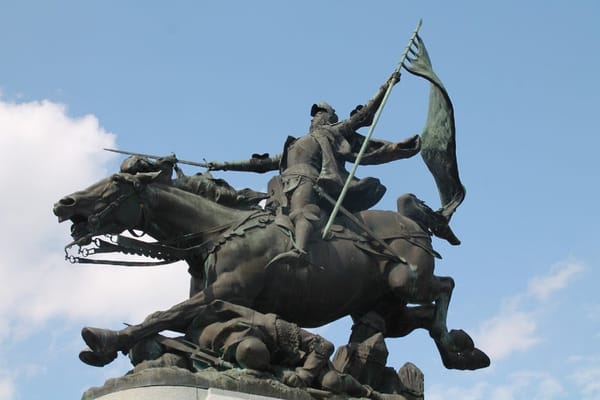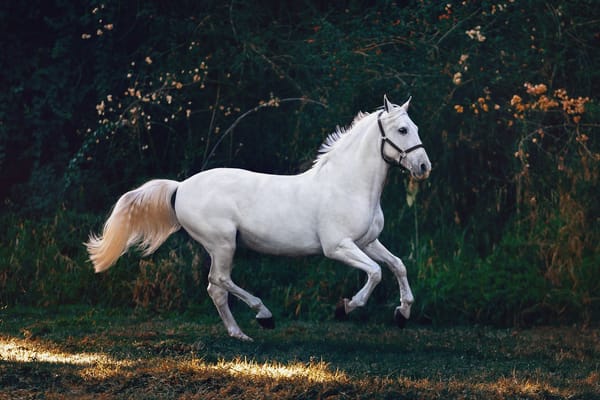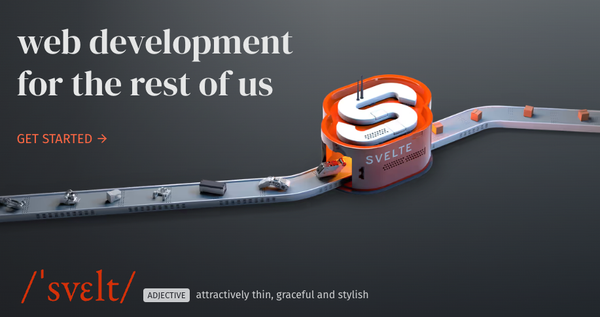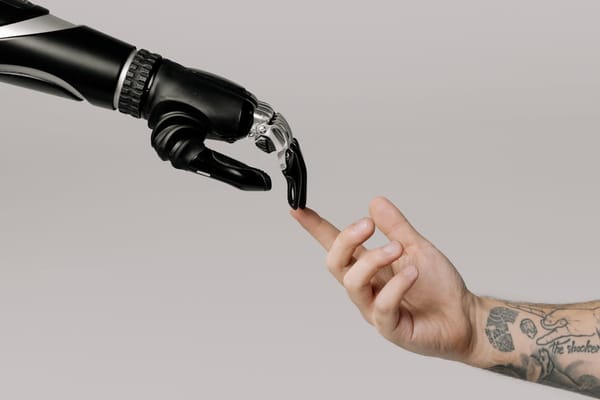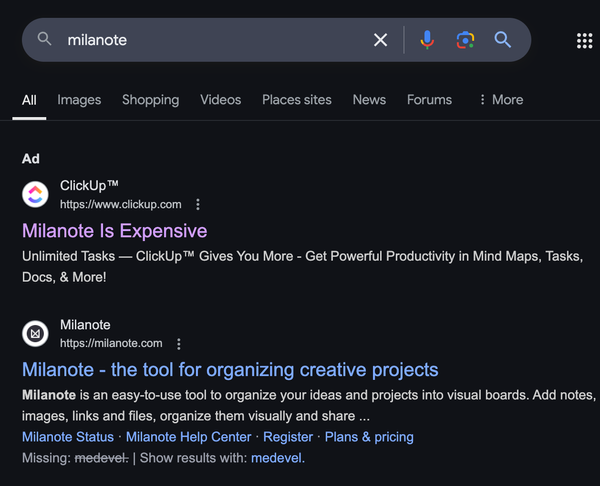The Hidden Crisis in Horse Care: Your horse is NOT a ***** Motorcycle [offtopic]
Table of Content
As an avid equestrian with few years of experience in Turkey, I’ve witnessed a disturbing trend in the world of horseback riding and horse care. What was once a noble pursuit, built on the foundation of mutual respect between human and horse, has in some cases devolved into a realm of neglect, abuse, and misunderstanding.
As I conversed with numerous horse riders from various countries on Instagram and TikTok, I noticed similar patterns that often result in harm or even death to horses. This realization compelled me to write this post as a plea for change.
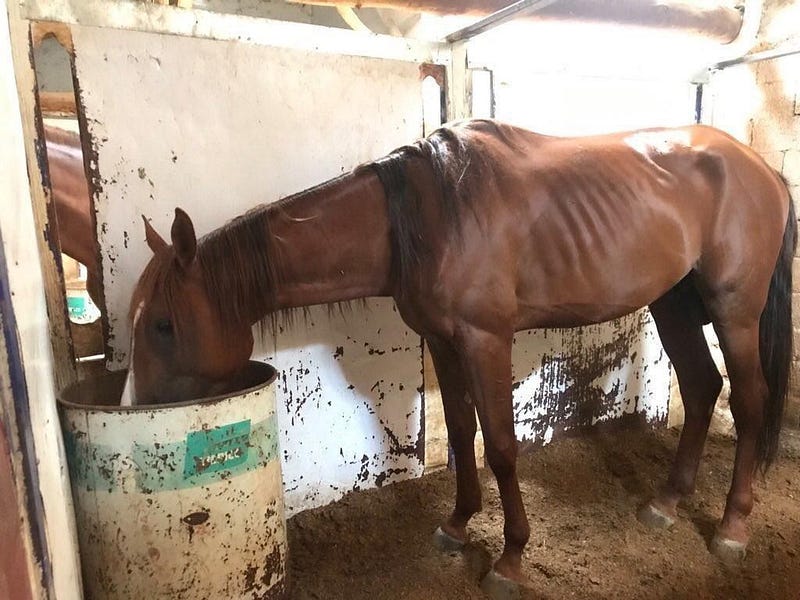
This post aims to shed light on these issues and offer solutions for better horse care and riding practices.
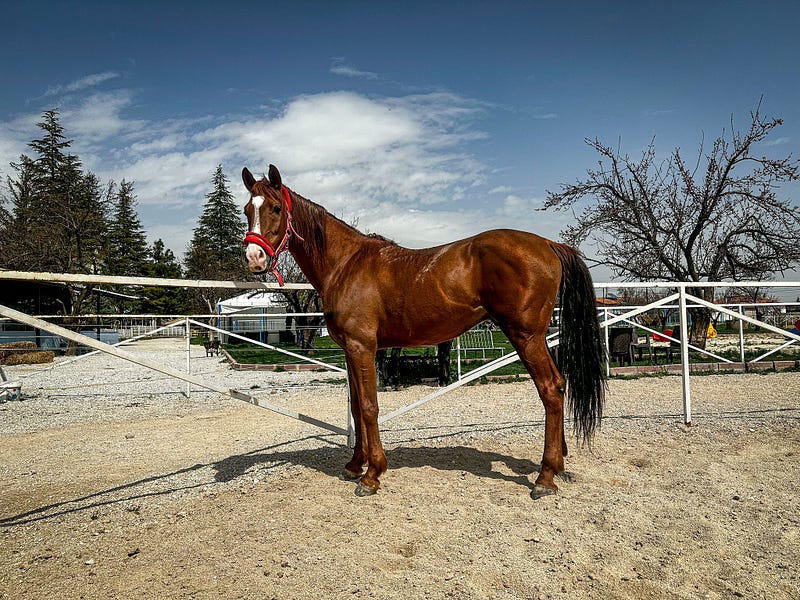
The Novice Rider’s Dilemma
One of the most concerning issues I’ve observed is the prevalence of inexperienced riders treating horses poorly.
Many individuals, barely past their initial riding lessons and lacking the necessary muscle memory, reflexes, and understanding of equine behavior, approach horseback riding with a cavalier attitude.
They haven’t developed the essential skills to communicate effectively with their equine partners, yet they assume a position of dominance that often leads to mishandling and mistreatment.
Fear and Neglect: A Vicious Cycle
Another troubling pattern I’ve noticed is the abandonment of horses by riders who’ve experienced a fall or a frightening incident. These individuals, overcome by fear, may leave their horses unattended for months on end.
This neglect impacts not only the horse’s physical health but also their mental well-being. Horses are social creatures that thrive on interaction and exercise. Extended periods of isolation can lead to depression, anxiety, and a host of behavioral issues.
The “Motorcycle Mentality”
On the opposite end of the spectrum, some riders treat their horses like mechanical objects, pushing them beyond their limits as if they were motorcycles. This approach often results in severe physical consequences for the horse, including leg and hoof problems, as well as more serious ailments.
The lack of understanding that a horse is a living, breathing creature with its own needs and limitations is a significant issue in the equestrian community.
It’s crucial to remember that a horse is not a motorcycle; you can’t simply replace its “spare parts” when it gets injured or sick due to poor care and riding. Unlike mechanical vehicles, horses are living beings with complex biological systems that require proper attention, care, and respect to maintain their health and well-being.
Substandard Care Conditions
The state of many horse farms is equally concerning. I’ve witnessed horses confined to small enclosures for extended periods, with little to no opportunity for exercise or socialization.
Farm owners, who should be advocates for proper horse care, sometimes neglect their responsibilities, leading to dire consequences. The mortality rate in some of these facilities is alarmingly high, often due to inadequate care, poor nutrition, and lack of regular exercise.
Behavioral Issues: A Cry for Help
As a result of these poor conditions and treatment, many horses develop abnormal behaviors. Cribbing — where a horse bites on fixed objects and sucks in air — and coprophagia — the consumption of feces — are just two examples of the distress signals these magnificent animals exhibit when their needs are not met.
These behaviors are not just unsightly; they’re indicators of serious physical and psychological issues that require immediate attention.
The Economic Factor
Unfortunately, economic considerations often exacerbate these problems. Some farm owners, in an attempt to cut costs, resort to cheap, low-quality feed and minimal care routines.
This short-sighted approach not only compromises the horses’ health but also leads to higher veterinary costs and decreased longevity of the animals.
A Call for Change
As someone who has experienced the joy and fulfillment of a proper human-horse relationship, I find these situations heartbreaking. Horses are intelligent, sensitive creatures capable of forming strong bonds with humans.
They deserve our respect, care, and understanding.
Recommendations for Improvement
- Education is Key: Implement mandatory education programs for new horse owners and riders, covering not just riding techniques but also horse psychology, care, and welfare.
- Regular Health Checks: Establish a system of regular veterinary check-ups and welfare assessments for horses in boarding facilities.
- Exercise and Socialization: Ensure that all horses have daily opportunities for exercise and socialization, even if their owners are not present.
- Proper Training for Staff: Invest in comprehensive training for stable staff, focusing on horse behavior, nutrition, and health management.
- Owner Responsibility Contracts: Implement contracts that clearly outline the responsibilities of horse owners, including regular visits and participation in their horse’s care.
- Community Oversight: Encourage local equestrian communities to establish oversight committees that can monitor and report on the conditions of local stables and farms.
- Rehabilitation Programs: Create programs to rehabilitate horses that have developed behavioral issues due to neglect or mistreatment.
- Public Awareness Campaigns: Launch campaigns to educate the general public about proper horse care and the commitment required in horse ownership.
Taking Action: The Birth of Equineist.com
Recognizing the urgent need for change in the equestrian world, I’ve taken a significant step towards addressing these issues by creating Equineist.com. This platform is born out of a deep commitment to improving horse care and welfare across the industry.
Equineist.com serves multiple purposes:
- Ranking System: The platform allows users to rate and review horse farms and stables. This feature promotes transparency and accountability, encouraging facilities to maintain high standards of care.
- Community Oversight: By empowering horse enthusiasts to share their experiences, we’re creating a community-driven system of oversight that can highlight both exemplary care and areas of concern.
- Educational Resources: As part of my commitment to ongoing education, I’m taking courses in horse and equine care. The knowledge gained is shared on the platform, providing valuable resources for horse owners and caretakers.
- Promoting Best Practices: The platform showcases facilities that demonstrate exceptional care, setting benchmarks for others to aspire to.
- Identifying Concerns: By allowing users to report substandard conditions or practices, we can help identify and address issues before they escalate.
The ultimate goal of Equineist.com is to foster a competitive environment where the welfare of horses is paramount. By shining a light on both good and bad practices, we aim to elevate the standard of care across the industry and marginalize those who neglect or mistreat these magnificent animals.
This platform is more than just a website; it’s a movement towards better horse care, increased accountability, and a brighter future for equestrian sports. I invite all horse lovers, from novice riders to experienced equestrians, to join this initiative. Together, we can ensure that our equine partners receive the care, respect, and love they truly deserve.
Final Note
The issues plaguing the world of horseback riding and horse care are complex and deeply rooted. However, with increased awareness, education, and a collective commitment to change, we can create a better environment for these majestic animals. As equestrians and horse lovers, it’s our responsibility to be advocates for the welfare of horses and to set an example of compassionate, knowledgeable care.
Only then can we truly honor the incredible bond between humans and horses that has existed for thousands of years.

![The Hidden Crisis in Horse Care: Your horse is NOT a ***** Motorcycle [offtopic]](https://images.unsplash.com/photo-1511195188569-9b97074ae1b1?crop=entropy&cs=tinysrgb&fit=max&fm=jpg&ixid=M3wxMTc3M3wwfDF8c2VhcmNofDV8fGhvcnNlfGVufDB8fHx8MTcyODY1NTY1NHww&ixlib=rb-4.0.3&q=80&w=960)
